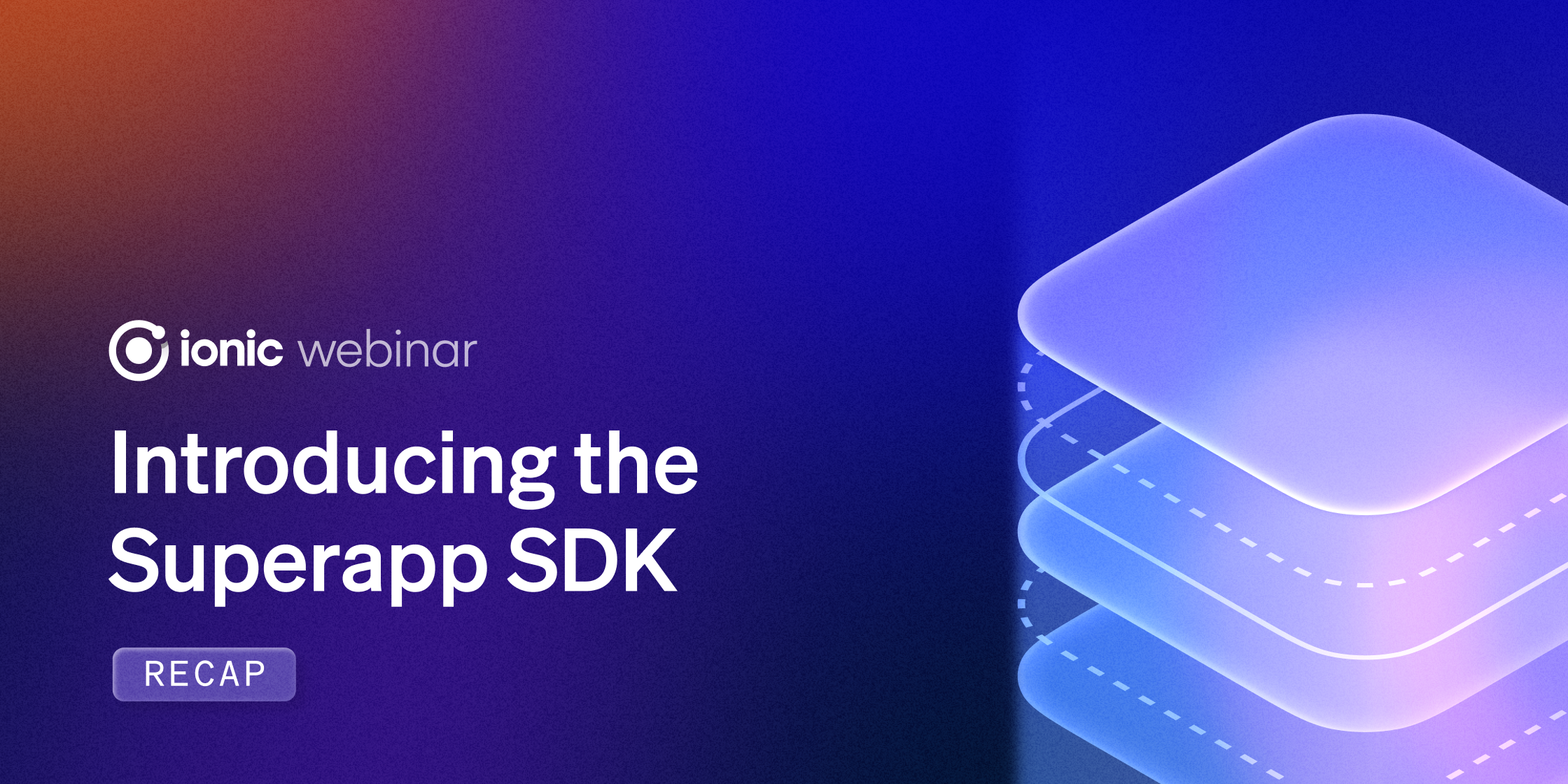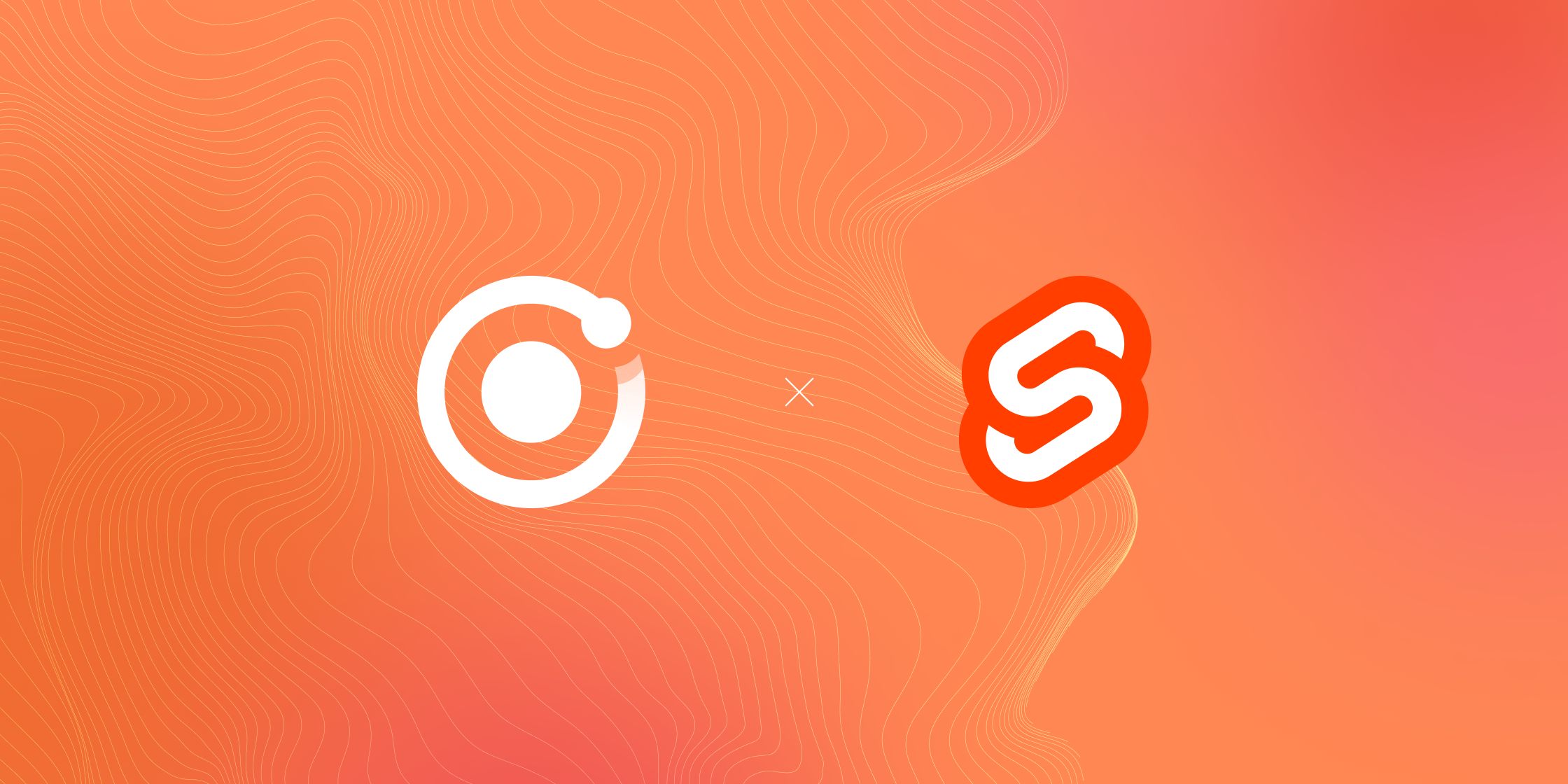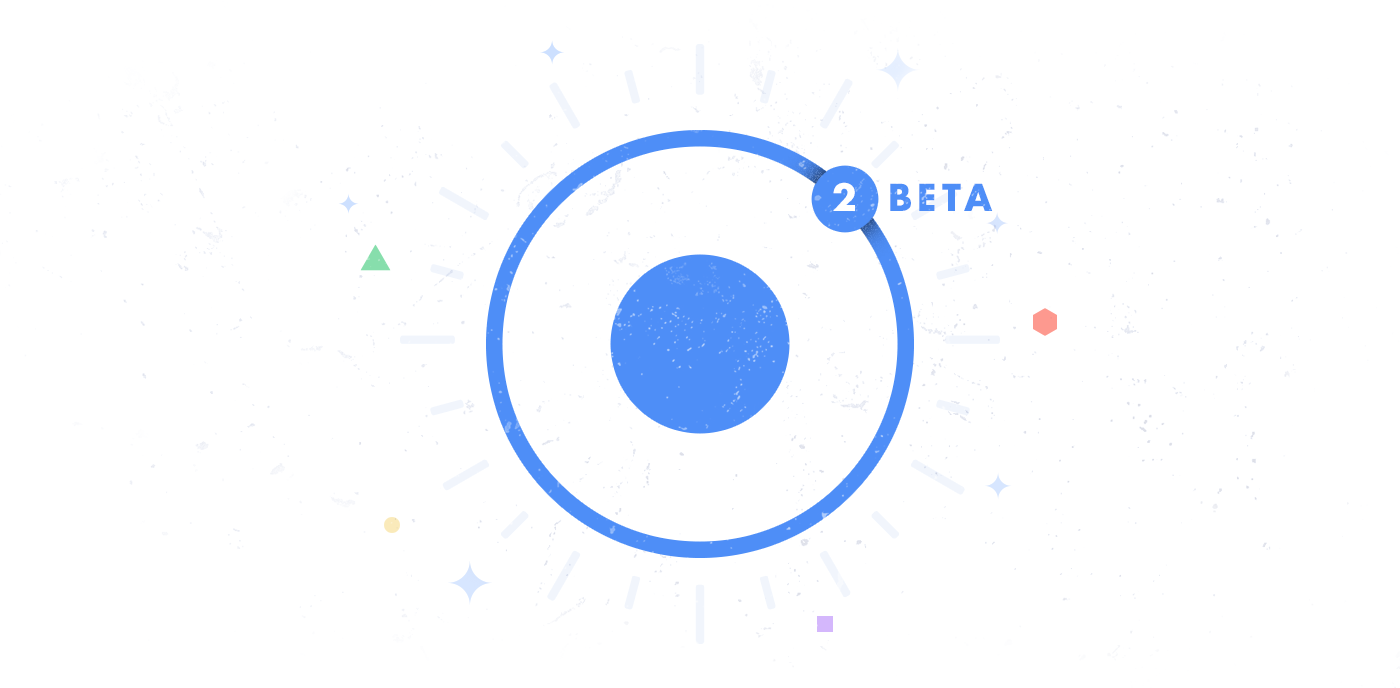Recap: Introducing the Superapp SDK


We recently introduced the new Superapp SDK (yay!), which empowers businesses to create seamless digital experiences for their customers and employees. Whether you’re looking to better manage and engage employees or want to create a one-stop ecommerce experience, superapps are the answer. However, creating them has historically been tedious– until now. Ionic’s Superapp SDK simplifies the process of creating a superapp, and our recent webinar covered all the details. From the mobile app landscape to real-world examples of superapps in action, this webinar was packed with tons of actionable information.
Couldn’t make it? No worries, we’ve got a recording handy and you can read on for a summary of what you missed.
The state of apps today
We’re constantly checking our phones, be it for emails, text messages, news, clocking in and out of work, and more. If you’ve ever felt overwhelmed by the sheer volume of apps needed day to day, you’re not alone – in fact, the average digital worker uses 11 applications to complete their tasks (up from just 6 in 2019).
As that number keeps growing, it’s becoming increasingly clear that a streamlined system could save lots of time and headaches. According to the Anatomy of Work Global Index by Asana, 9.6 hours a week could be saved if there was an improved process of working with multiple apps.
Employees aren’t the only ones feeling app overload though – from ordering food to chatting with friends, think about how many apps you use in a given day. However, we seem to offload apps as quickly as we get them, with the retention rate of Android apps at only 2.6% after 30 days and 4.3% after 30 days for iOS users.
Lastly, the teams building these apps are siloed and burnt out, trying to meet ever-changing demands while also trying to improve development processes. Conflicting release cycles lead to bottlenecks, resulting in releases and updates being held back and users being just as confused as the devs themselves. So how can we solve app overload?
Enter superapps
According to Gartner, a superapp is an app that provides end-users with a set of core features plus access to independently created mini apps, which are discovered and activated by users, and can also be easily removed from the UI. That means that superapps are endlessly customizable and can grow (or shrink) with your/your users’ needs.
Superapps enable complete digital transformation. Development teams that are used to working in silos can now work in parallel, contributing features/mini apps to a superapp as they’re ready, without waiting on other teams. Additionally, many parts of the superapp and mini apps can be reused throughout the application, such as authentication managed at the native shell layer, with additional functionality added as needed. This also means that superapps can easily scale with a business, without needing to create something new from scratch.
On the user side, they get an all-in-one experience without having to manage tons of different apps and logins. Everything an end user needs to get their tasks done, be it an employee or consumer, is in one singular place. With one application able to do so much, this increases the chances of retaining users, as they’re less likely to abandon an app that has functionality critical to their daily tasks. Superapps ultimately create a better user experience for all parties.
Ionic’s Superapp SDK
If you’re thinking that creating a superapp is probably super complicated, you’d only be half right. Historically, they’ve been tricky to create – until now, that is. Thanks to Ionic’s Superapp SDK, you can now create superapps with less hassle than ever before.
The Superapp SDK drastically simplifies the process of bringing a superapp to fruition, arming you with the necessary tools at each phase of the software development lifecycle. That means you can build, deploy, and update your superapp in a fraction of the time it would take to create it from scratch.
Ionic’s Superapp SDK enables developers to create core functionality, such as payment processing and login authentication, within native iOS and Android shells. If app experiences are already built using web technology, the SDK provides a solution to bridge that native and web gap for optimal code reuse. As the app is built out and it’s time to add mini apps, built into the SDK is the capability to leverage any web technology stack or framework of your choosing. Moving toward deployment, you’ll be equipped with the services to create the necessary web bundles and native binaries that are necessary for delivery to the end user. Lastly, the SDK has a built-in feature to update mini apps independently, which makes A/B testing and bug fixes much smoother.
The SDK also provides a complete mini app development toolkit. Included is an off-the-shelf design system that’s adaptive by nature. This means the visual components of your mini apps will adjust to the look-and-feel of the end user’s operating system. Pop ups, scrolling gestures, animations and more can be seamlessly integrated to create delightful user experiences.
Superapp SDK in action
If you’re still not convinced of the benefits that superapps can bring to your organization, then check out this demo of our Supernova app, a superapp that we built in house to put our money where our mouth is.
And don’t worry, we’re not the only ones using the Superapp SDK to build superapps. Our webinar highlighted two large companies building their own superapps today.
EGYM is a global fitness technology leader that provides fitness and health facilities with intelligent workout solutions built on a robust ecosystem of connected gym equipment and software. They needed to be able to provide their gym customers with fully customizable app solutions that are unique to each gym. With the help of Ionic’s Superapp SDK, they did just that. By using the SDK, they were able to build features once and deploy them to each customer. They kept the core functionality like login access in the native shell, which saved room for each partnering gym to create unique mini app experiences for their gym’s users. Because each mini app is independently written, there is no need to follow a joint shipping schedule.
Additionally, a global leader in the health and beauty space recently used Ionic’s Superapp SDK to build out an internal superapp for their front-line employees. In just under 5 months, the company was able to create an application that could be deployed all over the world. The app allows employees to check inventory, order products, and more. It has even increased face-time with customers by 20%, due to the speed and efficiency of the app, which ultimately leads to happy employees and more satisfied customers.
Learn more
If you’d like to learn more about superapps we recently released a whole ebook with everything you need to know. This comprehensive ebook covers all things superapps – from benefits and considerations of building them to how real enterprises are currently using them.
We also have lots of superapps content, from how superapps can improve the employer and employee experience to how they can enable smoother mergers & acquisitions.
Get in touch with our team to learn more and start building your superapp proof-of-concept today.


